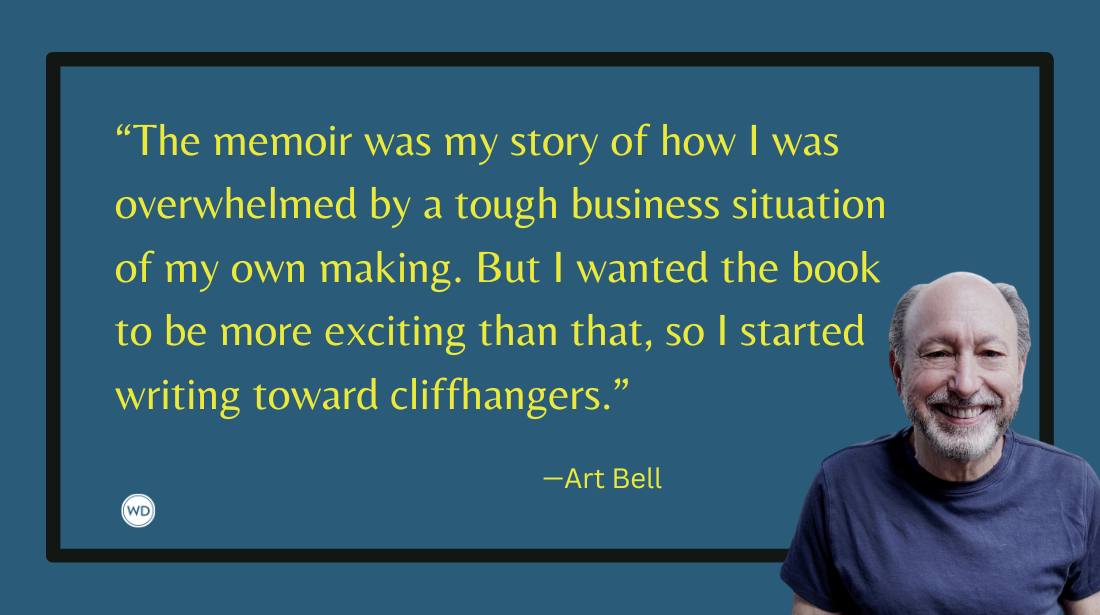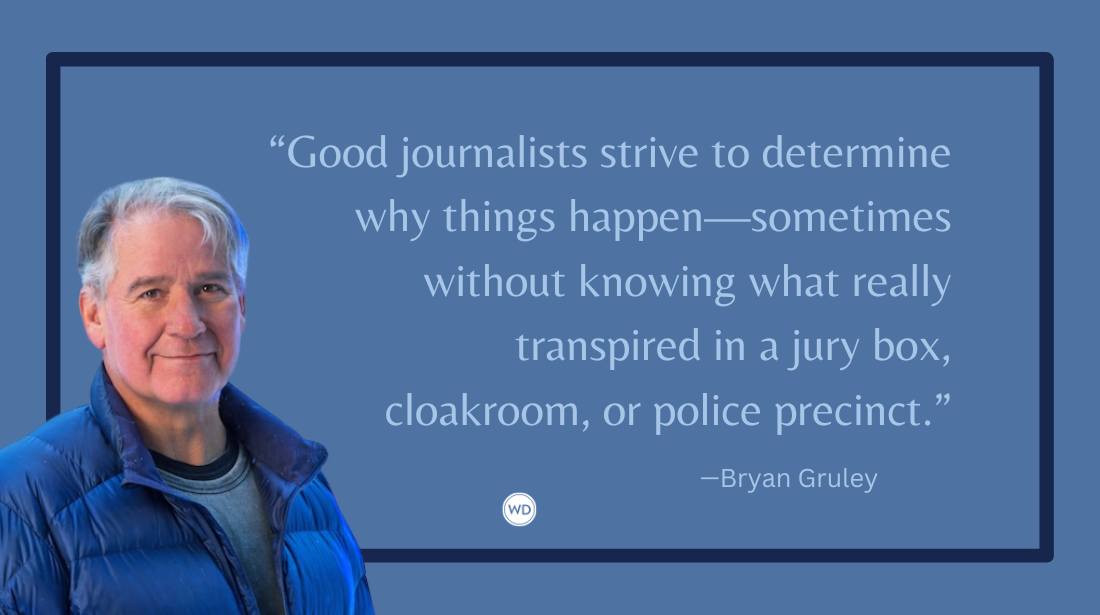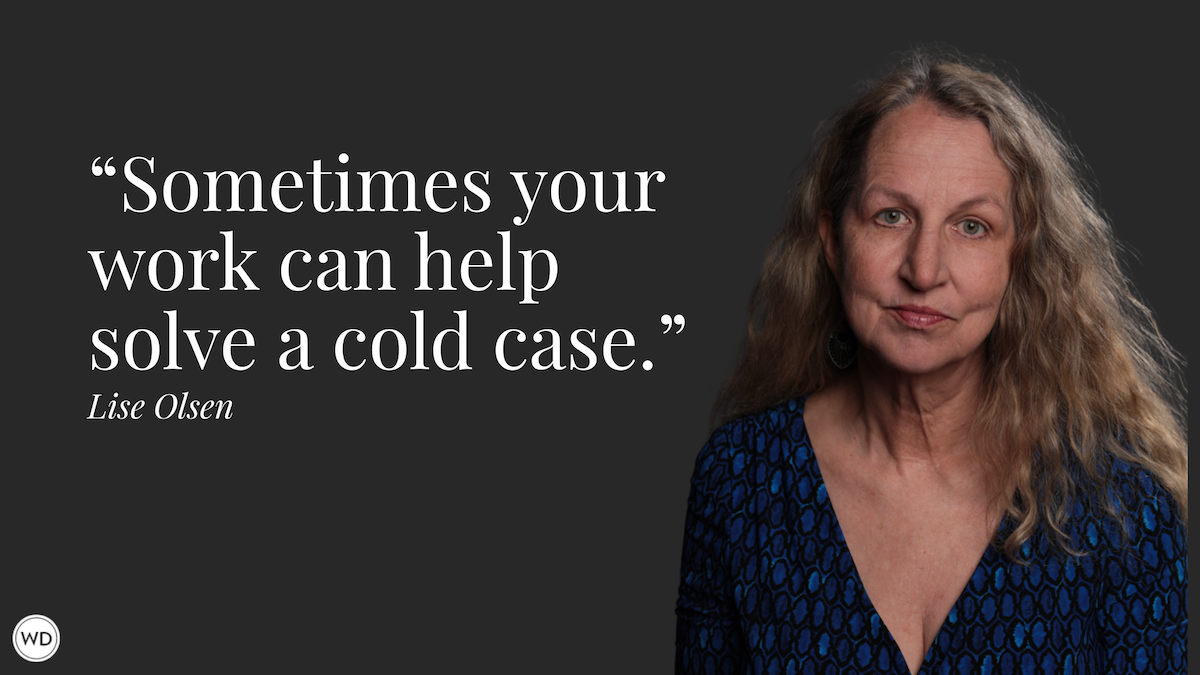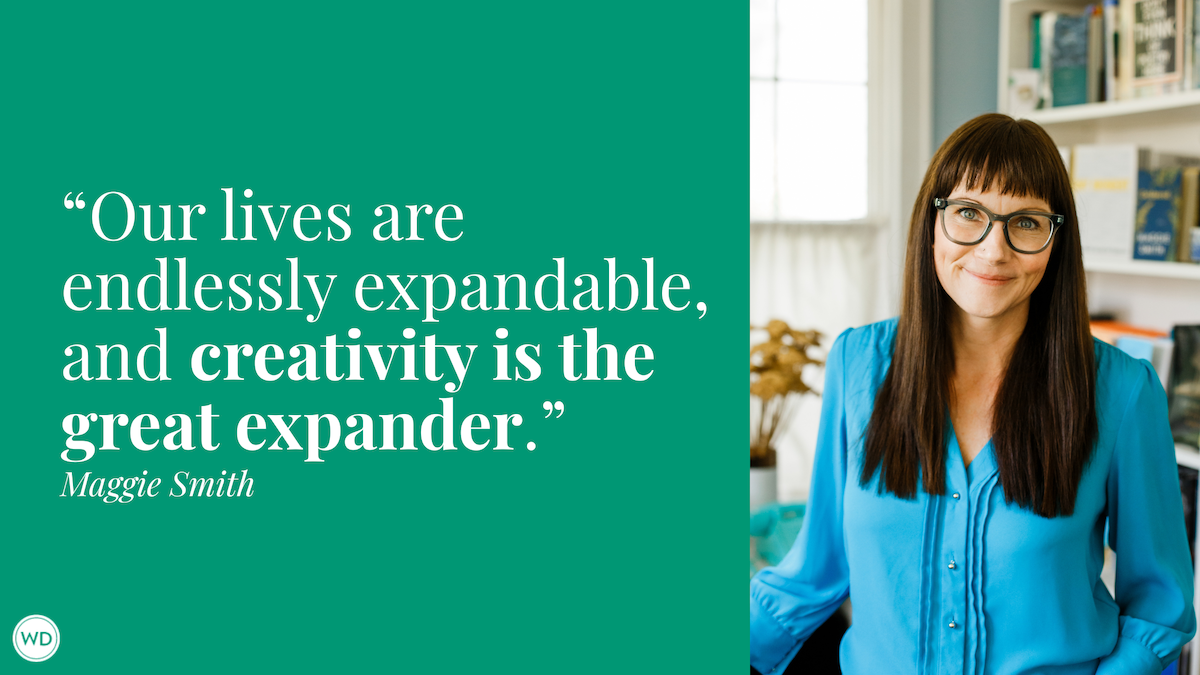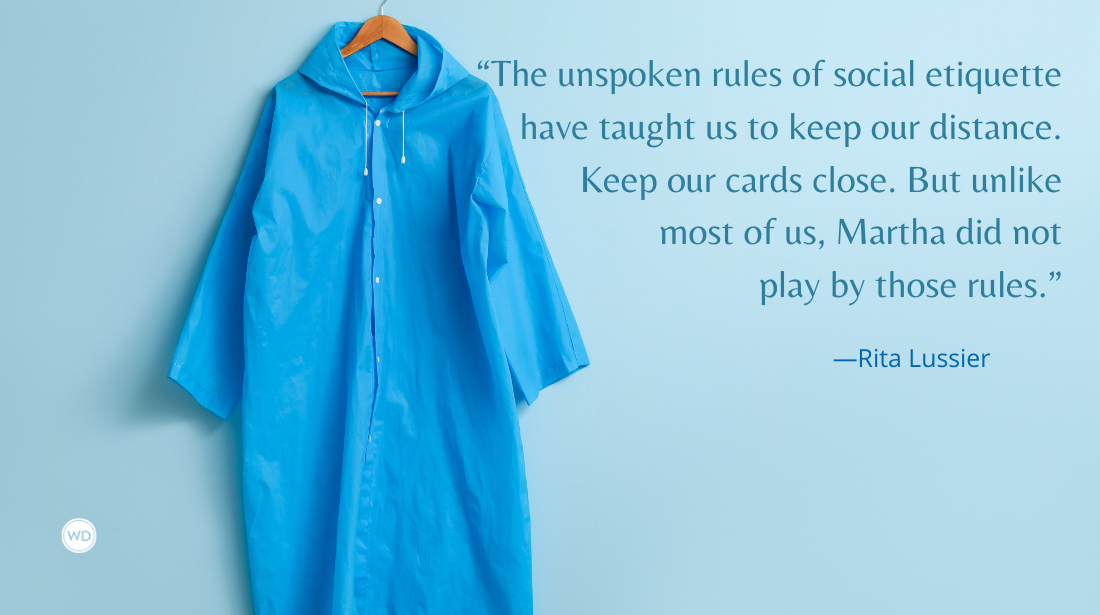Writing Careers: Kathleen Gasperini
Kathleen Gasperini, producer and editor of W.i.g. (Women in General), talks about her career.
Kathleen Gasperini is not so terribly different from many other women, in general.
At 35, she's an athletic woman who's more in search of adventure than thin thighs, more intrigued by culture than pushup bras, more interested in challenging herself in ways far beyond how to give a tuna casserole that special zing.
In 1995, after a search for a women's magazine covering sports, music, art, and culture, she launched W.i.g. (Women in General), a four-color quarterly designed to meet the needs of one specific woman—Gasperini.
"There's Cosmo, Elle and Vogue, but I also like National Geographic, Outside, Men's Journal and Details, back when it was good," she says. But no one publication touched on all the topics she wanted.
The publication (www.wigmag.com) typically runs 68 to 84 pages targeting 17- to 30-year-old women. The magazine's initial print run was 5,000, but now more than 30,000 copies are distributed worldwide.
"We're women who are gender-less. We're the generation of Title IX," she says.
The magazine, composed of five staff members, is "kind of the big sister of the zines," the Seattle-based editor/publisher says.
Yet, the point is to be an alternative to what typical women's magazines are. "All these women's magazines don't come from a place of strength. They play off the women's neurosis. Why not empower women?"
W.i.g., born out of frustration, had its finances artificially inseminated by four of Gasperini's personal credit cards, which paid for the first three issues.
"I didn't have the best business plan. I was 29. I rallied writers, artists, comic-strip artists, and I put out a 16-page prototype. Then, I brought it to trade shows, sports and music shows.
"Some people wanted to advertise in it. So I did trade outs. I traded space for 10 skateboards, and that's how I paid my freelancers."
Most of Gasperini's freelance work is built on her past. In 1987, Gasperini graduated from St. Lawrence UNiversity (Canton, N.Y.) with a degree in Third World studies and economics, but her interest in writing began in 1986 when she spent a year abroad at the University of Kenya in Nairobi.
Fluent in Kiswahili, Gasperini worked for the Nation, a newspaper in Nairobi, covering tourism in Kenya. Back stateside, she studied at the La Jolla Playhouse Theatre Conservatory from 1987-88, where she focused on playwriting.
Two years later, she became an associate editor at Powder, a magazine owned by Surfer Publications, launching a career in alternative sports.
"Within three years I was associate editor of Powder, and there was a new sport coming out called snowboarding. I was one of the founders of Snowboarder magazine.
"At Surfer Publications I was the only woman editor. In that surf/skate/snowboard culture, it's a big club. You must be cool. It doesn't help if you're female if you want to fit in."
In 1992, she wanted to move into broader sports, so she went to Rocky Mountain Sports, owned by Sports & Fitness Publications, where she became editor.
However, the company's Women's Sports & Fitness magazine was in trouble, running through editors like children through a candy store.
So, Gasperini was asked to apply for the position of editor. "I said I couldn't stand Women's Sports & Fitness. It was all about aerobics and fitness."
Despite her protests, she eventually became editor in 1993, hoping to shape the magazine into an Outside for women, and stayed there two years.
"It was so hard, like pulling teeth. One day I had a big fight with the president. He wanted to go back to aerobics. I left."
She started to freelance for magazines that covered all her bases. That's when the credit cards came out and W.i.g. was born.
Like the other W.i.g. staff members, Gasperini still freelances for other publications, but her heart remains firmly planted in her girl world.
"If women have nothing to choose from, they'll go for what's there. It's all they've ever known. No focus group can tell you they want something that doesn't exist yet."
Julianne Hill has written for The Associated Press Rome bureau, Advertising Age and A&E's Investigative Reports. She lives in Chicago.




